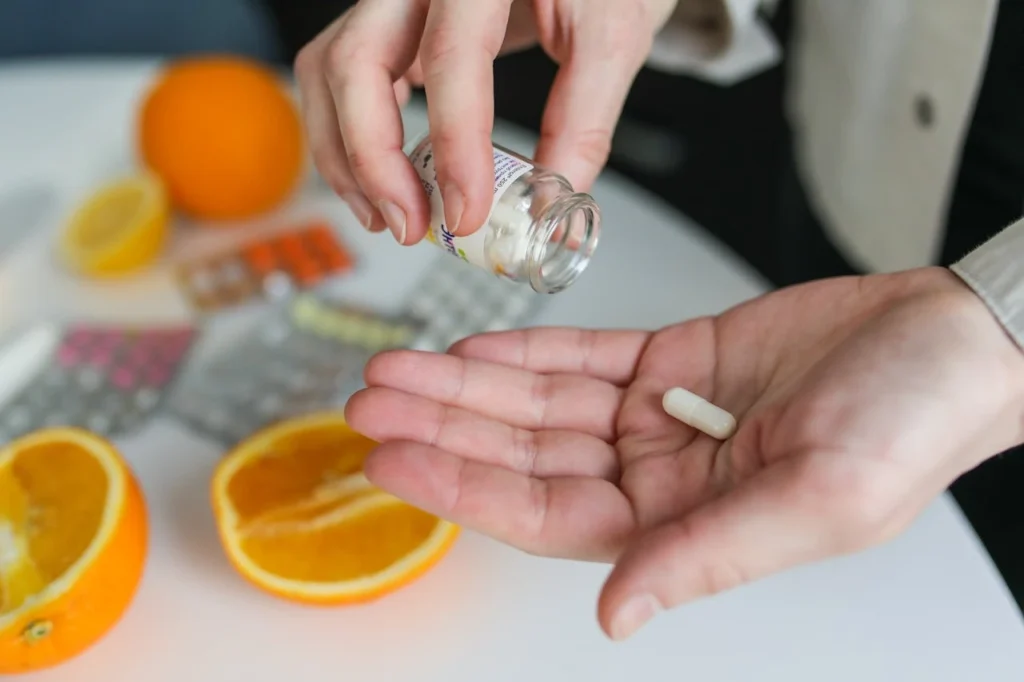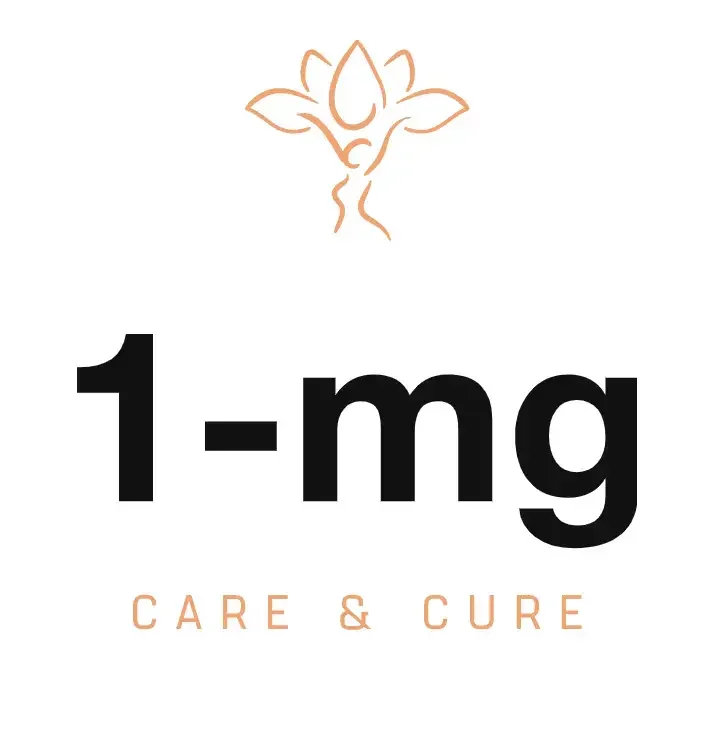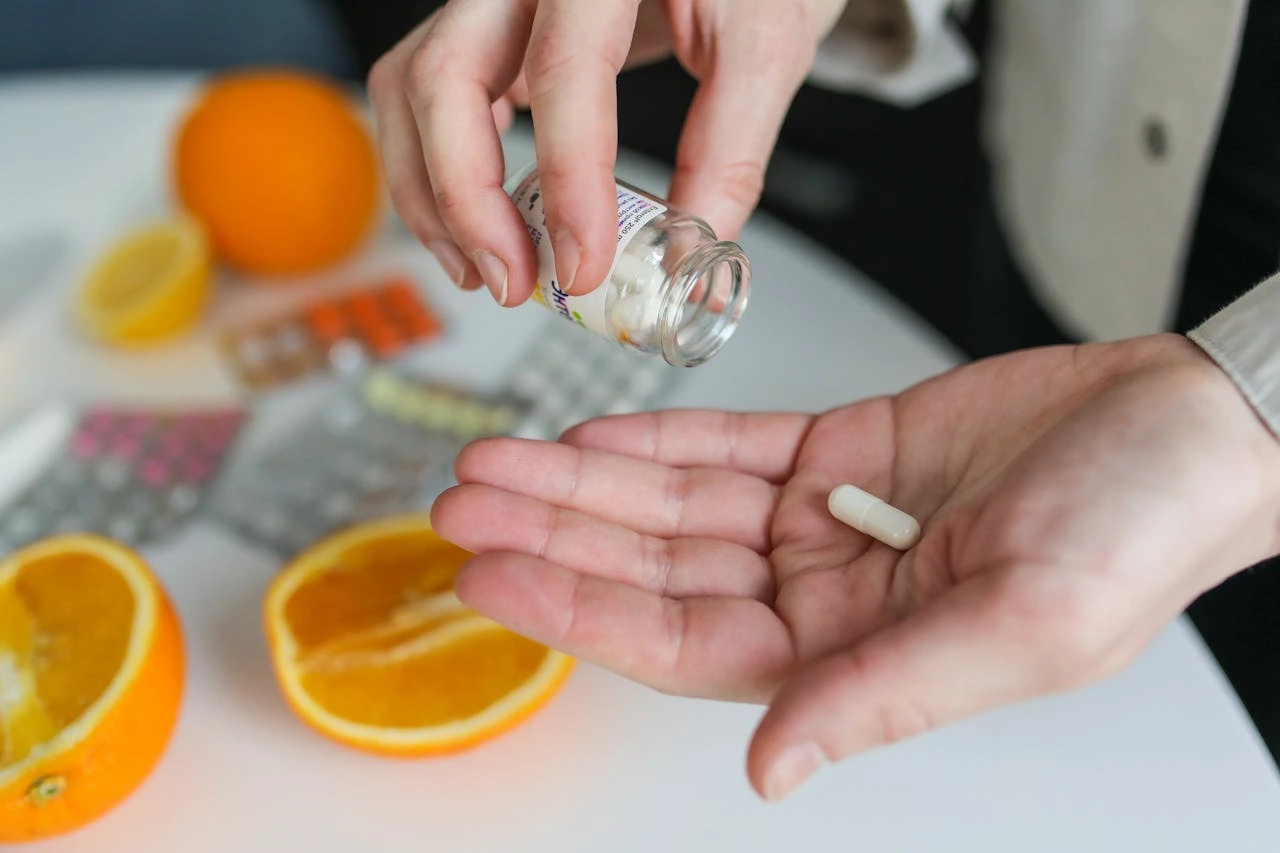Introduction
Glutathione Tablets – Glutathione is nothing but made from several components of amino acids, glutamic acid and cysteine. It is naturally produced by our liver. It is a powerful antioxidant found in body cells. Glutathione helps us to balance free radicals in the body which is made up of pollution, stress, eating habits or by-products of your metabolism. It also improves the immune system and the main key role of glutathione is to keep our body cells as healthy as possible.

Table of Contents
How to Get Glutathione Naturally?
Glutathione is a powerful antioxidant that your body can benefit from, and you can increase its levels naturally through certain foods. You can find glutathione in fresh fruits, various vegetables, and meat products. Eating a balanced diet rich in these foods can help maintain healthy glutathione levels in your body.
How to Take Glutathione
If you’re interested in taking glutathione as a supplement, there are two main methods: orally (by mouth) or through injections.
- Oral Supplements:
Oral glutathione supplements come in tablet and powder forms. Tablets are usually available in doses of 250 mg or 500 mg, while powders often come in a 600 mg dose. You can take one or two capsules depending on the advice of a healthcare provider or the recommended dosage on the product. - Injections:
Another option is to get glutathione through injections, typically in doses of 300 mg or 600 mg. Injections tend to have a stronger effect compared to tablets or powder.
Why IV Treatment is Effective
Many people find that injections, specifically those given through IV (intravenous) treatment, work more effectively than other forms of glutathione supplements. IV treatments introduce glutathione directly into the bloodstream, ensuring that the body receives an adequate supply quickly and efficiently. This method is also known for its long-lasting effects, providing a stronger boost in glutathione levels compared to oral options.
Benefits
Glutathione offers a wide range of health benefits, making it a valuable addition to a wellness regimen.
- One of the main benefits of glutathione is that it helps reduce oxidative stress in the body.
- Glutathione helps to make the skin look brighter and healthier.
- It protects cells from damage, which supports overall health.
- Glutathione strengthens the immune system, helping us fight infections.
- It may help in preventing the growth of cancer cells.
- Glutathione is useful in managing psoriasis symptoms.
- It helps improve lung health and breathing.
- Glutathione supports heart health by keeping arteries healthy.
- It slows down signs of early aging.
- Glutathione boosts performance for athletes and supports sports nutrition.
- It can increase energy levels and reduce tiredness.
Side Effect
Taking glutathione without a doctor’s advice can lead to some side effects. Here’s what you might experience:
- Flatulence: Some people may experience gas or bloating when taking glutathione in oral form.
- Loose Stools and Flushing: In some cases, it may cause loose stools or a warm, red flushing of the skin.
- Weight Gain: In certain cases, some people have reported slight weight gain while using glutathione.
- Asthma: For people who have asthma, glutathione might trigger symptoms or even an asthma attack.
It’s always best to use glutathione only with a doctor’s guidance to avoid these possible side effects.
Diet and lifestyle-
Stop consuming alcohol: It is very important to avoid drinking alcohol when you are taking glutathione supplements. Alcohol creates oxidative stress in the body, which means it increases the harmful effects of free radicals that damage the body. This damage also causes a significant reduction in the levels of glutathione, which is an important antioxidant in the body. Therefore, it is advised to completely stop consuming alcohol to protect and maintain your glutathione levels.
Limit excessive consumption of coffee: Studies and research suggest that drinking too much coffee can sometimes have a negative impact on the levels of glutathione in your body. While moderate amounts of coffee might not cause significant harm, excessive coffee intake should be avoided to maintain healthy glutathione levels.
Be cautious about other medications: It is also recommended to avoid taking certain medications such as paracetamol, aspirin, or other similar drugs while using glutathione supplements. These medications can interfere with the effectiveness of glutathione or cause additional oxidative stress, which may reduce its benefits.
Avoid oily and fried foods: Consuming foods that are heavily oily or deep-fried can create oxidative stress in your body. This type of stress increases the burden on your body’s glutathione levels as it has to work harder to counteract the harmful effects of these foods. To support your body’s natural antioxidant levels, it is best to stay away from such unhealthy food items.
Increase your water intake: It is highly important to drink as much water as possible, depending on your body’s capacity to handle fluid intake. Staying properly hydrated helps your body function efficiently and supports the natural processes that maintain your glutathione levels. Therefore, make sure to drink plenty of clean, fresh water every day.
FAQ
What is not allowed when taking glutathione?
It is always strongly advised to seek the guidance and advice of a qualified doctor or healthcare professional whenever you are planning to take or are currently taking glutathione supplements. Additionally, it is highly recommended to avoid the consumption of alcoholic beverages, the use of other medications without proper consultation, and the intake of processed or fried foods, as these may negatively impact the effectiveness of glutathione or your overall health.
How do you take glutathione safely?
Glutathione is generally considered safe for most people when taken by mouth in appropriate amounts. For a couple of months, it is recommended to use a low dosage, typically ranging from 250 mg to 1000 mg daily. Combining this with a healthy, balanced diet can further support its benefits and minimize potential risks.
When should glutathione be avoided?
If you are pregnant or breastfeeding, it is important to avoid taking glutathione. Additionally, you should not consume alcohol during this time. If you are already taking any other medications, make sure to talk to your doctor before starting glutathione supplements to ensure it is safe for you.
Can i take 1,000 mg of glutathione per day?
Recomended dose for glutathione is in between 250mg to 1000mg.
Is 1000mg glutathione too much?
The suggested amount of glutathione to take falls within the range of 250 milligrams to 1000 milligrams, depending on individual needs and recommendations.
What happens when you stop taking glutathione?
If you stop using glutathione, your body will gradually return its glutathione levels to the amount it naturally produces.
Is it safe to take 2000mg of glutathione?
If you are planning to take a dose of 2000mg, it is very important that you first talk to your doctor to ensure it is safe and suitable for your health condition.
What to avoid when taking glutathione?
Avoid drinking alcohol, stay away from eating processed or fried foods, limit the intake of other medicines unless prescribed, and reduce the consumption of excessive caffeine.
Is 500 mg glutathione enough for skin whitening?
The effect varies from one person’s body to another. For some individuals, noticeable results can be achieved with a dosage as low as 250 mg, while for others, it might take up to 1000 mg to see the same impact.
Can too much glutathione be harmful?
Certainly, it can be harmful and may cause issues such as constipation, an upset stomach, or even diarrhea.
How fast does glutathione lighten skin permanently?
The time it takes can vary widely, ranging from about one month to as long as 18 months, depending on the amount of dosage taken and how each person’s body responds to it.
Will my skin get darker if I stop taking glutathione?
If you stop using them, your skin tone might return to its original shade, but it may not be exactly like it was before. However, there could be a slight improvement in your overall skin tone compared to earlier.
What is the best form of glutathione to take?
When comparing powder, capsules, and injections, IV injection therapy is considered the most effective method for delivering glutathione supplements.
What is the best time to take glutathione?
You can choose any time that works best for you, but starting in the morning would be an excellent choice and might bring better results.
Can glutathione make you feel ill?
No, it’s not exactly safe. If you stick to the recommended dosage, which usually ranges from 250mg to 1000mg, you’re likely fine. However, if you exceed the recommended dose, it can definitely cause harm to your body. It’s important to always consult with a doctor before making any changes to your dosage to ensure you’re staying safe and taking the proper amount.
Is it normal to feel dizzy after taking glutathione?
You will only feel dizzy if your body has an allergic reaction to that.


3 thoughts on “Glutathione Tablets: Benefits, Side Effects, Uses, and Dosage Information”